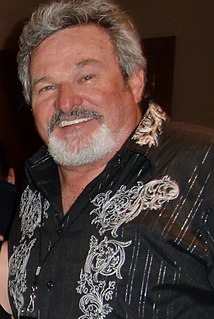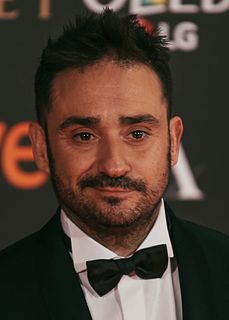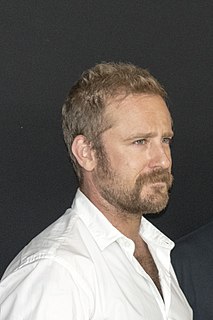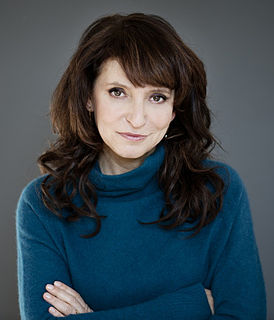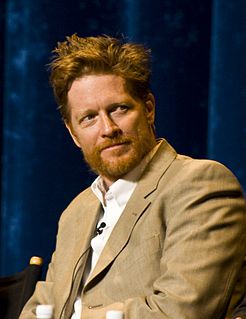A Quote by Ira Sachs
I don't rehearse with my actors... the first rehearsal is the first time we turn the camera on... Sydney Pollack never rehearsed his actors, and I found out that's allowed... so you film reactions; you don't create them.
Related Quotes
In the old days when I first was coming up, you would turn up on set in the morning with your coffee, script, and hangover and you would figure out what you were going to do with the day and how you were going to play the scenes. You would rehearse and then invite the crew in to watch the actors go through the scenes. The actors would go away to makeup and costume and the director and the DP would work out how they were going to cover what the actors had just done.
I love the rehearsal, as long as it's not over-rehearsed. I love it when the actors can rehearse until we feel really comfortable, and then the crew come in and shoot it. I'm not especially a big fan of rehearsing with the crew and the crew rehearsing and, "Let's rehearse this tracking dolly shot 25 times until it's just right." Television has to be shot a certain way to have a certain look. And sometimes the tried-and-true method is the best.
Not only do I look at the playback with the actors, but I look at the on-set assembly footage with the sequences with my actors as well. These are the reasons why I take twice as much time to shoot a film in Korea. Thinking back, I remember on my first ever Korean film, I never used any playback or on-set assembly, so all I had to do was to tell myself it's just like making my first ever Korean-language film. After that, I felt right at home.
I love actors, both my parents were actors, and the work with actors is the most enjoyable part of making a film. It's important that they feel protected and are confident they won't be betrayed. When you create that atmosphere of trust, it's in the bag - the actors will do everything to satisfy you.
We've turned film into such an industry that we pursue naturalism just by shaking the camera and cutting the film to ribbons to provoke a bogus sense of documentary. But we haven't done the homework. To push the depth that the Actor's Studio did or the Russian theatres did with their actors is to rehearse, to spend time, to dig, to excavate.
Having been an actor, I always want to leave room for the actors to find their comfort zone, so I don't like to be too rigid in how I plan my shots. It's different if you have weeks to rehearse and you can rehearse on your sets or in your locations and you can plan that out with your actors, but in modern independent filmmaking, you don't really have that time. You have to have a certain level of improvisation.
I used to pre-rehearse everything and then bring my pre-rehearsed performance to the set. Now, I'm learning to let it happen in the moment. American actors are much better at that than British actors. If I knew how to trust myself, I would have been much more relaxed. Maybe I would have less gray hairs today.




